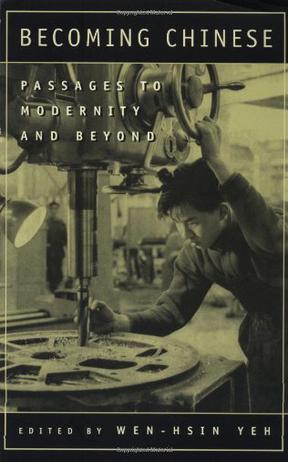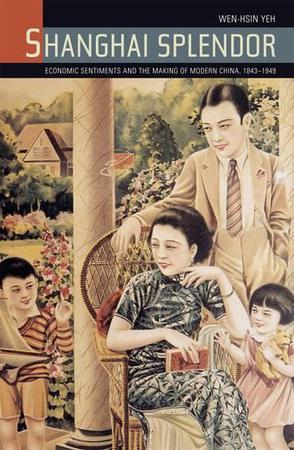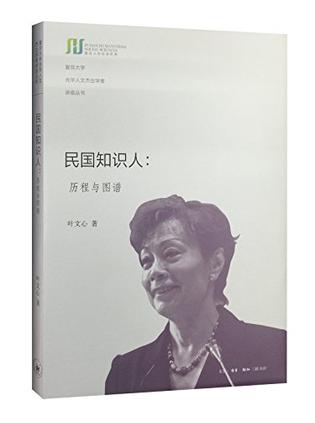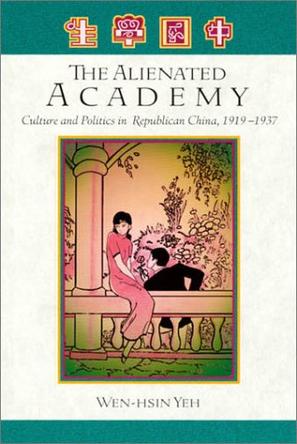-

Becoming Chinese
This volume evaluates the dual roles of war and modernity in the transformation of twentieth-century Chinese identity. The contributors, all leading researchers, argue that war, no less than revolution, deserves attention as a major force in the making of twentieth-century Chinese history. Further, they show that modernity in material culture and changes in intellectual consciousness should serve as twin foci of a new wave of scholarly analysis. Examining in particular the rise of modern Chinese cities and the making of the Chinese nation-state, the contributors to this interdisciplinary volume of cultural history provide new ways of thinking about China's modern transformation up to the 1950s. Taken together, the essays demonstrate that the combined effect of a modernizing state and an industrializing economy weakened the Chinese bourgeoisie and undercut the individual's quest for autonomy. Drawing upon new archival sources, these theoretically informed, thoroughly revisionist essays focus on topics such as Western-inspired modernity, urban cosmopolitanism, consumer culture, gender relationships, interchanges between city and countryside, and the growing impact of the state on the lives of individuals. The volume makes an important contribution toward a postsocialist understanding of twentieth-century China. -

Landscape , Culture, and Power in Chinese Society
-

Shanghai Splendor
-

Provincial Passages
Revealing information that has been suppressed in the Chinese Communist Party's official history, Wen-hsin Yeh presents an insightful new view of the Party's origins. She moves away from an emphasis on Mao and traces Chinese Communism's roots to the country's culturally conservative agrarian heartland. And for the first time, her book shows the transformation of May Fourth radical youth into pioneering Communist intellectuals from a social and cultural history perspective. Yeh's study provides a unique description of the spatial dimensions of China's transition into modernity and vividly evokes the changing landscapes, historical circumstances, and personalities involved. The human dimension of this transformation is captured through the biography of Shi Cuntong (1899-1970), a student from the Neo-Confucian county of Jinhua who became a founding member of the Party. Yeh's in-depth analysis of the dynamics of change is combined with a compelling narrative of the moral dilemmas in the lives of Shi Cuntong and other early leaders. Using sources previously closed to scholars, including recently discovered documents in the archives of the First United Front, Yeh shows the urban Communist movement as an intellectual revolution in social consciousness. The Maoist legacy has often been associated with the excesses of the Cultural Revolution. Yeh's historical reconstruction of a pre-Mao, non-organizational dimension of Chinese socialism is thus of vital interest to those seeking to redefine the place of the Communist Party in a post-Mao political order. -

民国知识人
1905年清政府宣布废止科举制度。这项宣布虽然酝酿已久,来的并不意外,但是仍然截断了千年来士子们“学优则仕”的通衢大道。没有科举制度的约制,民国时期的学制五花八门,所谓“读书人”的内涵也大大改变。有的学门得到崇敬,有的学门相对式微,在不同时空之下有不同显现。 民国时期的新式学制讲究精通外语,掌握理工科技。多半的村塾与县学提供不了相关的师资与学习条件,乡镇里的英才不得不走上离乡就学的道路,许多少年在母亲的泪眼中踏上征途。省会大城的思潮往往跟乡下相左,乡镇精英学成之余常常隔断了自己回乡的道路。 大都会的生活对许多青年人来说并不写意,上海尤其突出。新式出版物图文并茂地描述理想家庭与物质生活,然而都会空间层次分明,知识的取得未必保证上升的道路。进城是许多内地精英的期待,城市生活也是许多失望的开端。十九世纪以来西方器物不断传进中国,其中印刷机以及照相机在上海得到广泛应用,这些传播科技的产业化大大地改变了都会中人与人之间的讯息互动。我们谈新知的传播以及国家民族共同意识的凝聚,不能不谈广告与宣传、口号与传单、教科书与公众仪式,以及手稿善本的消亡。 -

The Alienated Academy